“From Ancient Wisdom to Person-Centered Care”: Historical, Philosophical, and Theological Foundations of Healthcare

Apply here Anselm House & Lumen Christi Institute present: “From Ancient Wisdom to Person-Centered Care”: Historical, Philosophical, and Theological Foundations of Healthcare” August 4-August 8, 2026 At a time when many learners in the health sciences feel stretched thin, morally conflicted, or uncertain about who they are becoming, we have created a space for the hungry and the weary to slow down, ask deeper questions about the professions they are entering, and deepen their moral and spiritual perspectives as they seek purpose in the healing arts. From Ancient Wisdom to Person-Centered Care is a 4.5-day immersive experience for graduate-level health…
Winter Newman Forum Conference for High School Students: Back to the Future!

Is there time in heaven? Did the Medieval world make modern science possible? Was St. Augustine anxious? What would Aristotle say about post-modern art? High school students are invited to join the Lumen Christi Institute for a half day conference on the nature of time and the relationship of the past and present.
A Spiritual Manual for the Technological Age: A Discussion of Paul Kingsnorth’s Against the Machine
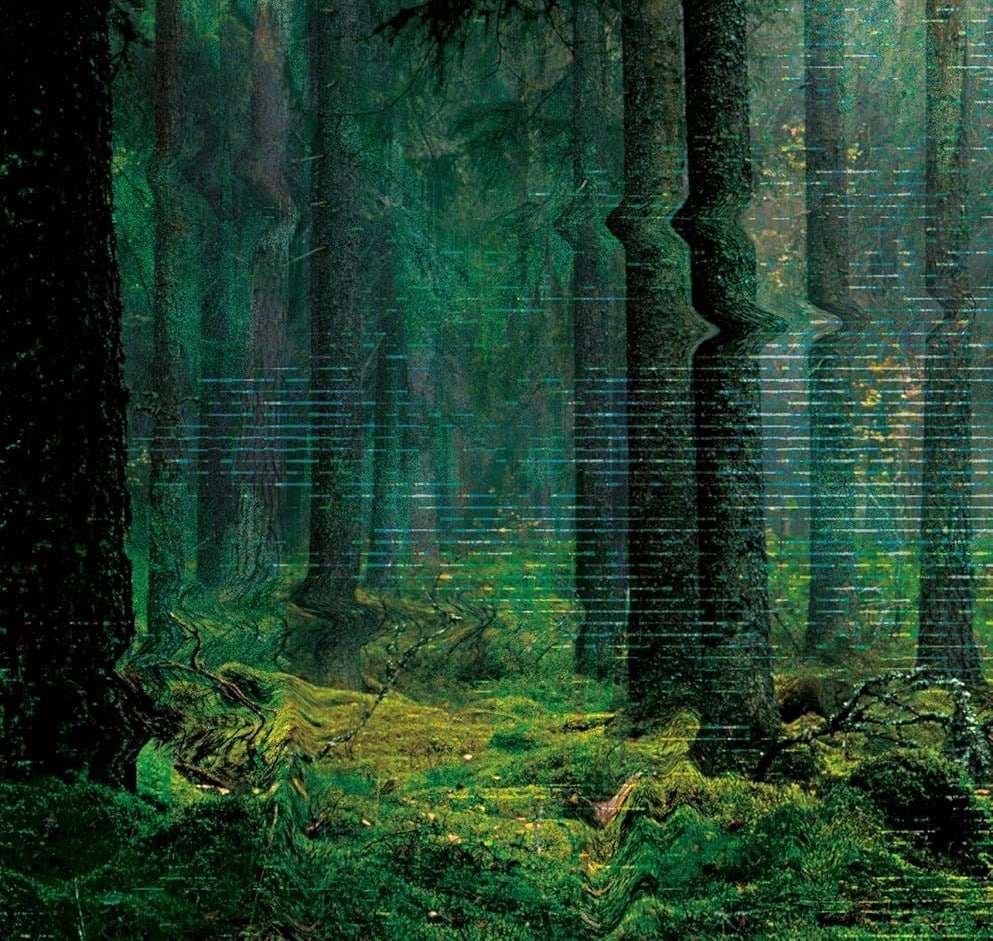
We all experience how the rapid advance of technology, especially AI, has affected the way we live, think, and experience the world. But has it also changed who we are? In his new book, Against the Machine: on the Unmaking of Humanity, Paul Kingsnorth explores the consequences of hyper-technologized society. With the deftness of an essayist who is also a poet, Kingsnorth takes us through the historical and theological roots of post-Industrial Revolution advancement. He ultimately suggests that the dangers we face have a spiritual cause, and spiritual consequences. “If you knock out the pillars of a sacred order,” he writes, “the universe itself will change shape.” This technological reshaping will lead man to become the machine—unless we can learn to transcend it.
The Letters of St. Ignatius of Antioch Reading Group
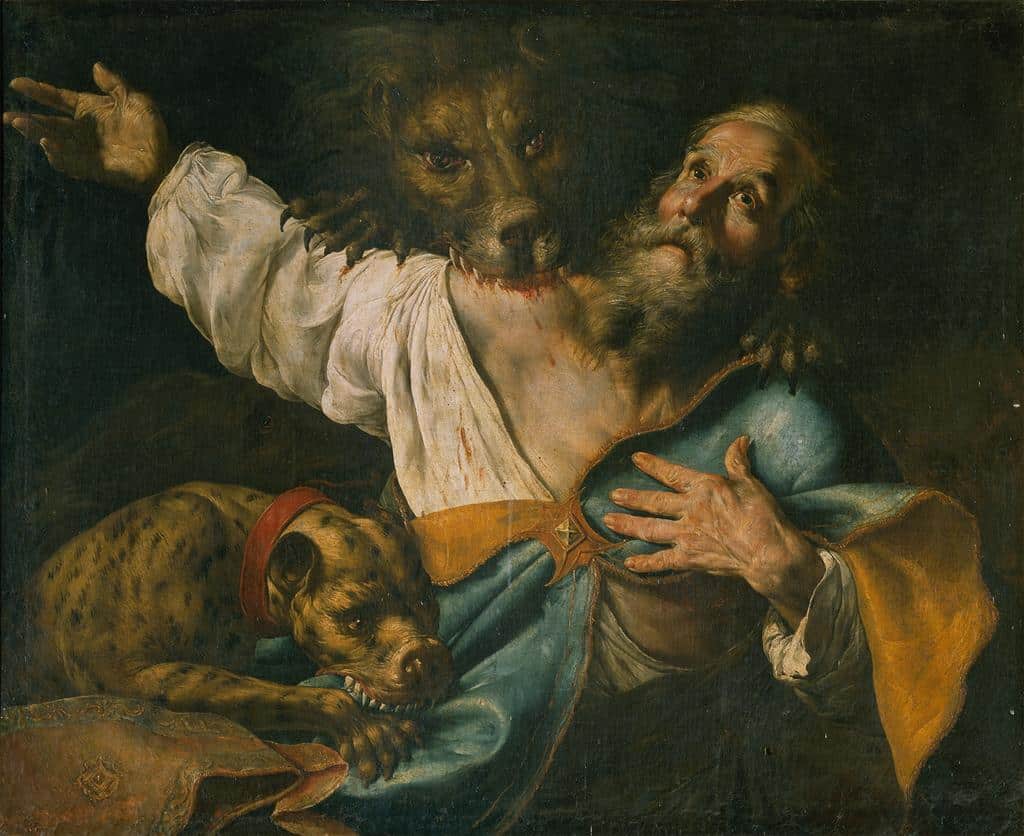
Saint Ignatius, the second-century Bishop of Antioch, is known as a martyr, an “Apostolic Father,” and the first writer to call the church “catholic.” However, much like Saint Paul, who served as his literary model, Ignatius did not compose theological treatises, summas, or tractates but seven epistles sent to the churches in Rome and Asia Minor. They represent some of the earliest Christian writings apart from the New Testament itself and are an invaluable resource for theologians and historians alike. This reading group will journey with Ignatius to his eventual martyrdom in Rome, encountering along the way his sophisticated musings and instructions on topics like the nature of Christ, the role of the bishop, the canon of scripture, and the meaning of martyrdom. We will find in him an author who, in addition to being a portal into the early church, is remarkably personal and prescient and an expert guide to thinking about Christianity today.
The Thought of René Girard
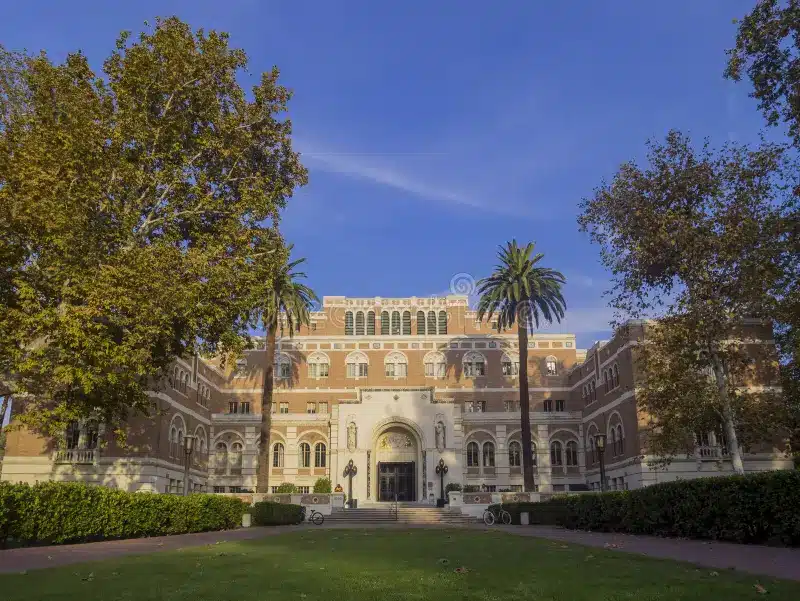
Apply here Description: One of the most influential 20th century Catholic thinkers, René Girard transformed our understanding of culture, religion, and human desire. Through an intensive reading of Girard’s works, in conjunction with the fiction of the greatest writers, this five-day seminar will explore imitation, conflict, and scapegoating, connecting them to central themes of Christian theology. The seminar is co-sponsored by the Nova Forum for Catholic Thought. Location and Format: This seminar will be held at University of Southern California in Los Angeles. Students will meet twice daily during 2.5 hr sessions in seminar style lecture and discussion. Students will…
Non-Credit Course | The Bible and the Big Bang

What is the relation between the Bible and the Big Bang? To many, it seems natural to connect the physical beginning of the cosmos with the Abrahamic doctrine of creation, but this association of science with philosophy and theology bears critical investigation. In this course, we will take a deep dive into both the science of the early Universe and the Biblically-rooted doctrine of creation from nothing, and explore what, if any, is the relation between them. Along the way we will engage with thinkers spanning from Philo of Alexandria in the first century to Stephen Hawking in the twenty-first century, and will explore topics such as the beginning of time, something coming from ‘nothing’, fine-tuning and design.
REVIEW: F. Russell Hittinger, On the Dignity of Society
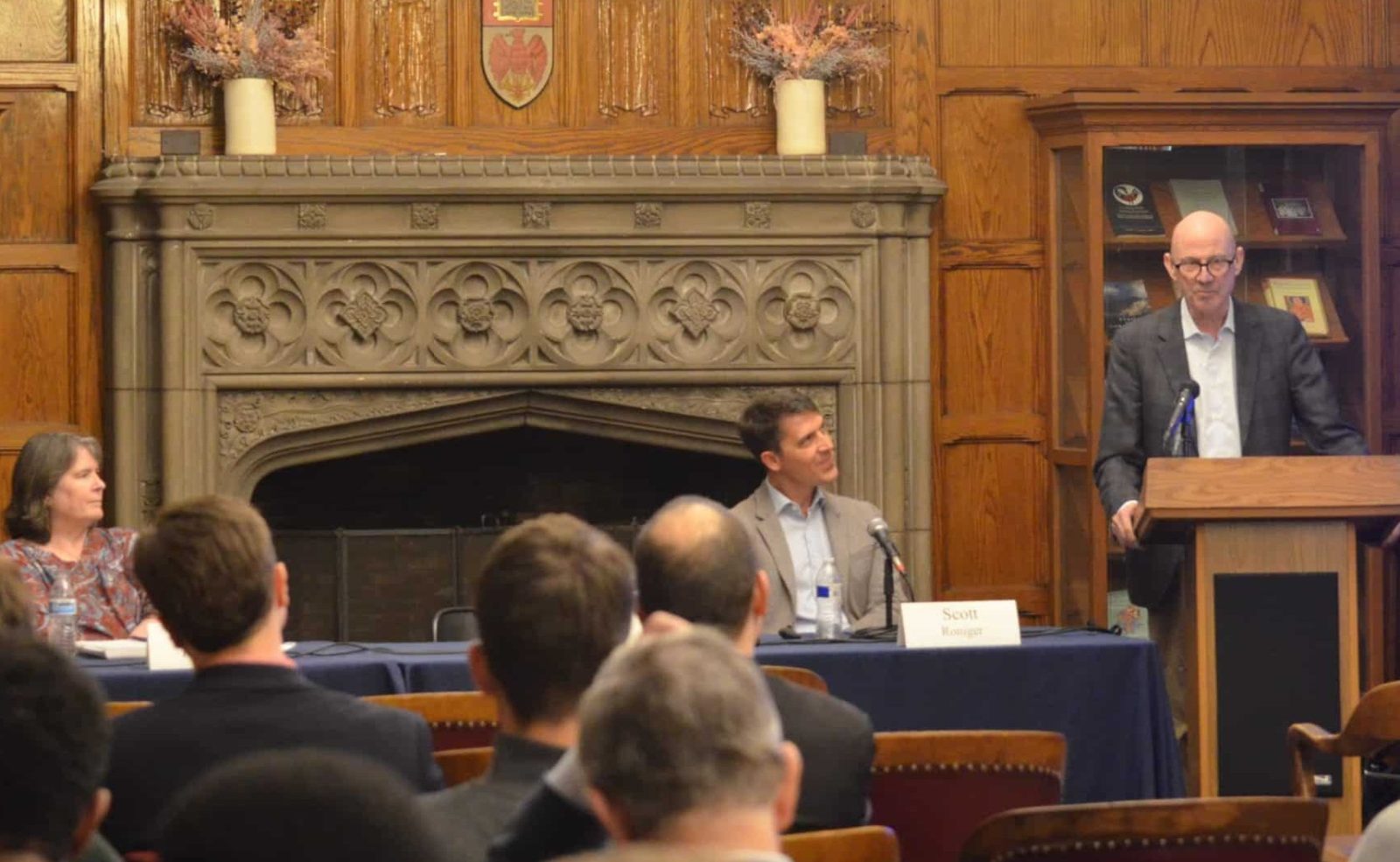
K.T. Brizek, PhD student in intellectual and Church history at the University of Illinois at Chicago, reviews “On the Dignity of Society: Catholic Social Teaching and Natural Law,” a novel presented at the University of Chicago by author Russell Hittinger.
Art and Beauty in the Middle Ages: Umberto Eco Graduate Reading Group
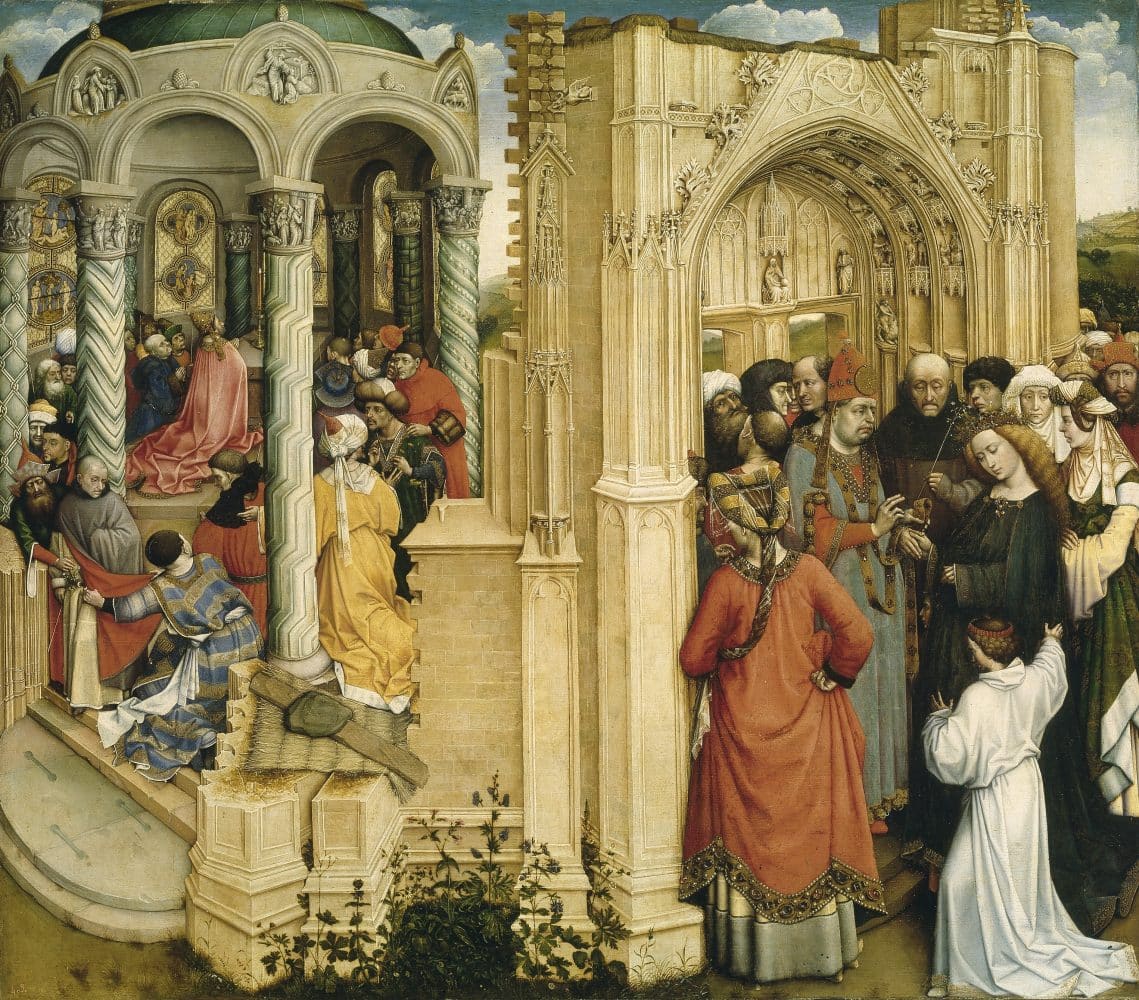
REGISTER HERE Open to current graduate students at the University of Chicago. Participants can come to whichever sessions they choose. Others interested in participating should contact Aidan Valente at valenteaidan@uchicago.edu. Books and drinks will be provided. This will be held at the LCI Residence (5554 S Wooodlawn Ave). “Beauty is in the eye of the beholder.” – This well-worn aphorism suggests that what we find “beautiful” relies only on subjective taste; and yet, many would agree in finding a Gothic cathedral obviously more beautiful than a brutalist library. Is there, then, an objective component to beauty, and if so, where and how can…
Christianity, The Unity of Knowledge, and the Secularized Academy
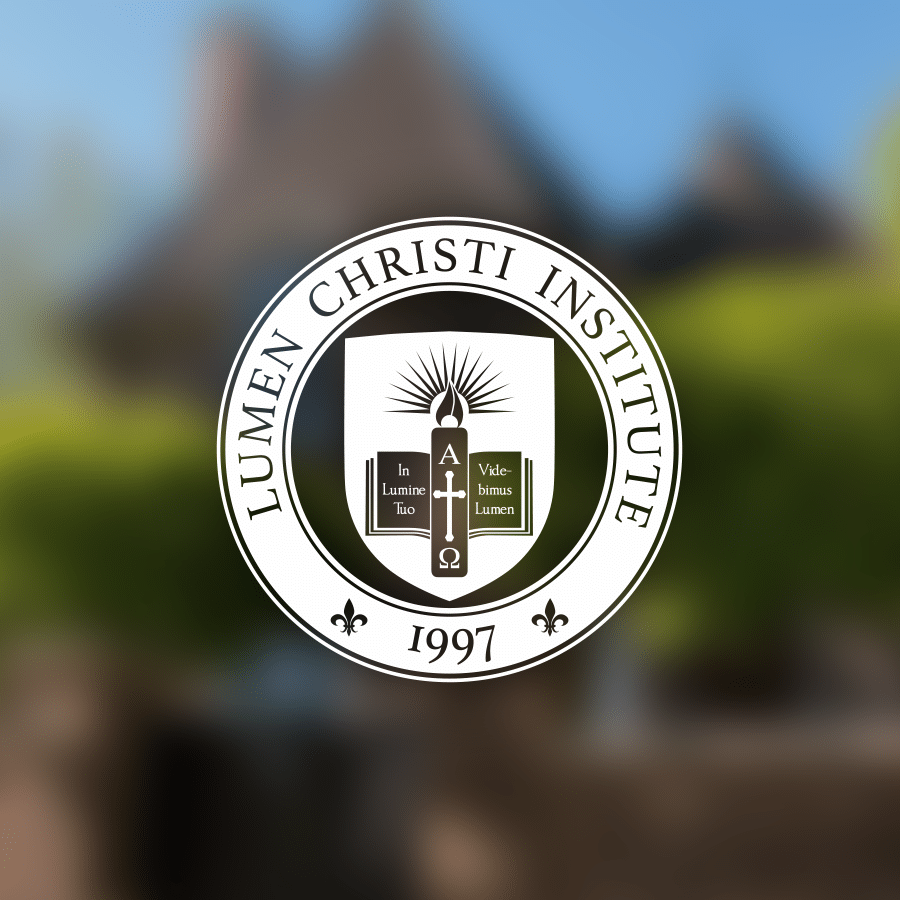
The pursuit and transmission of knowledge in the contemporary academy is highly specialized, secular, and regarded as separable from the social circumstances and beliefs of scientists, scholars, and students. This seminar analyzed the historical and intellectual reasons for the secularization and specialized fragmentation of knowledge characteristic of the contemporary academy. Through reading and discussion of scholarship pertaining to the historical processes through which knowledge was secularized, participants explored ways in which knowledge has been alternatively understood within a unifying philosophical and theological framework, and how such a framework might remain intellectually viable today. In addition to primary sources, this seminar…
Reason & Regensburg: Pope Benedict and the Dialogue of Cultures
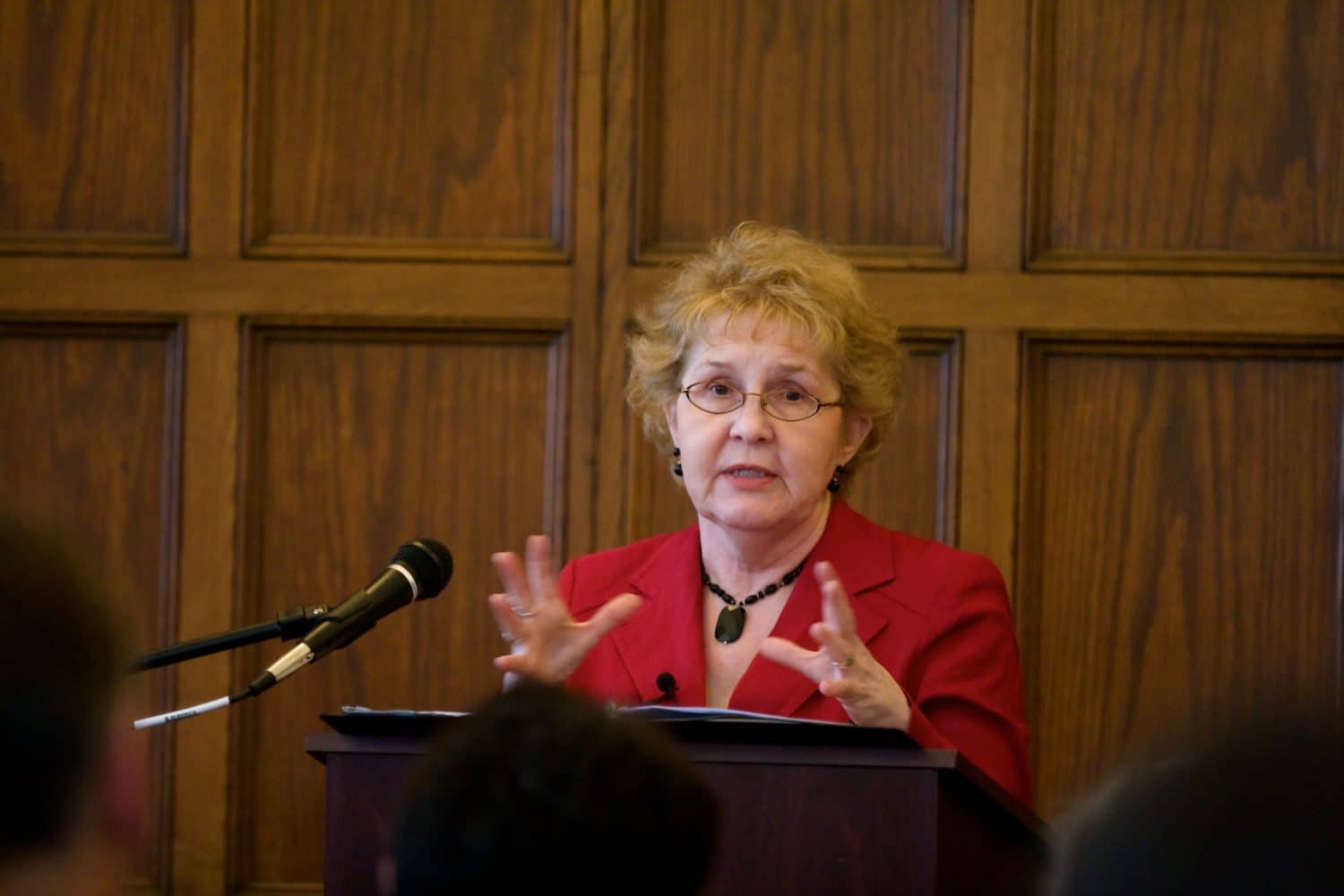
To bridge the cultural rift between Islam and the West, there is an urgent need to reestablish the mutually reinforcing dialogue between faith and reason in the West, and to support moderate Muslim scholars attempting to retrieve a non-voluntarist interpretation of Islam, often at risk to their own lives.